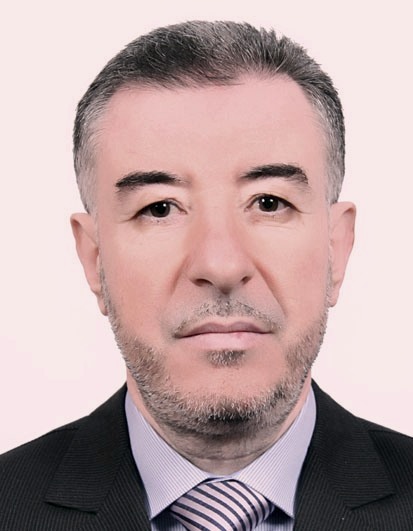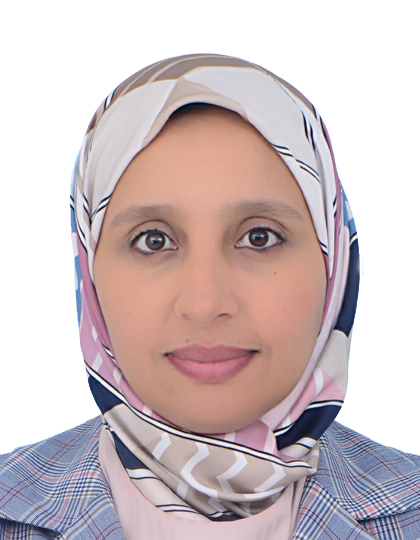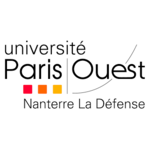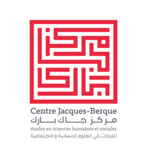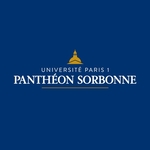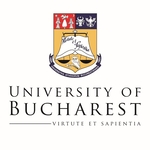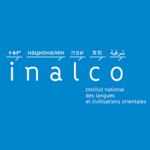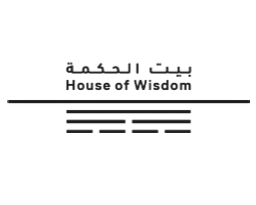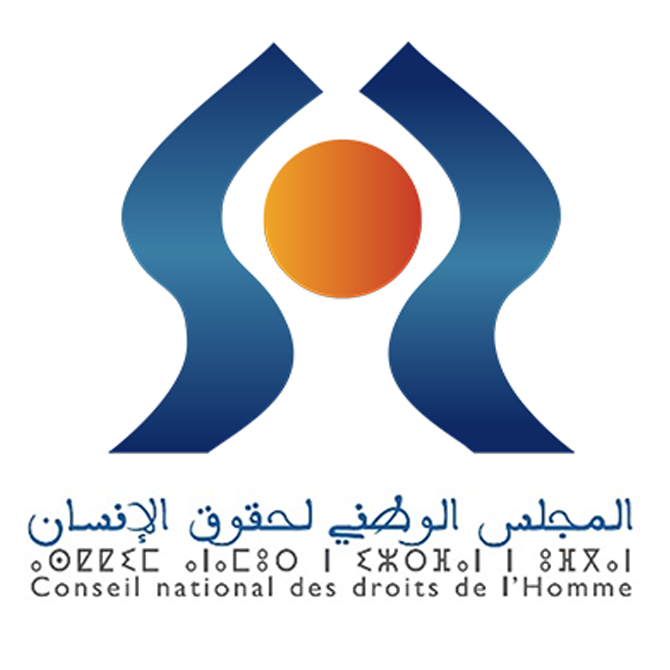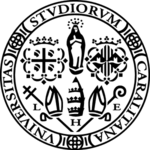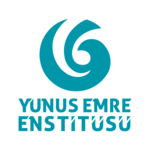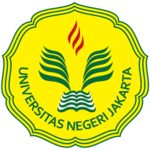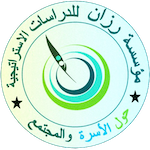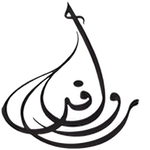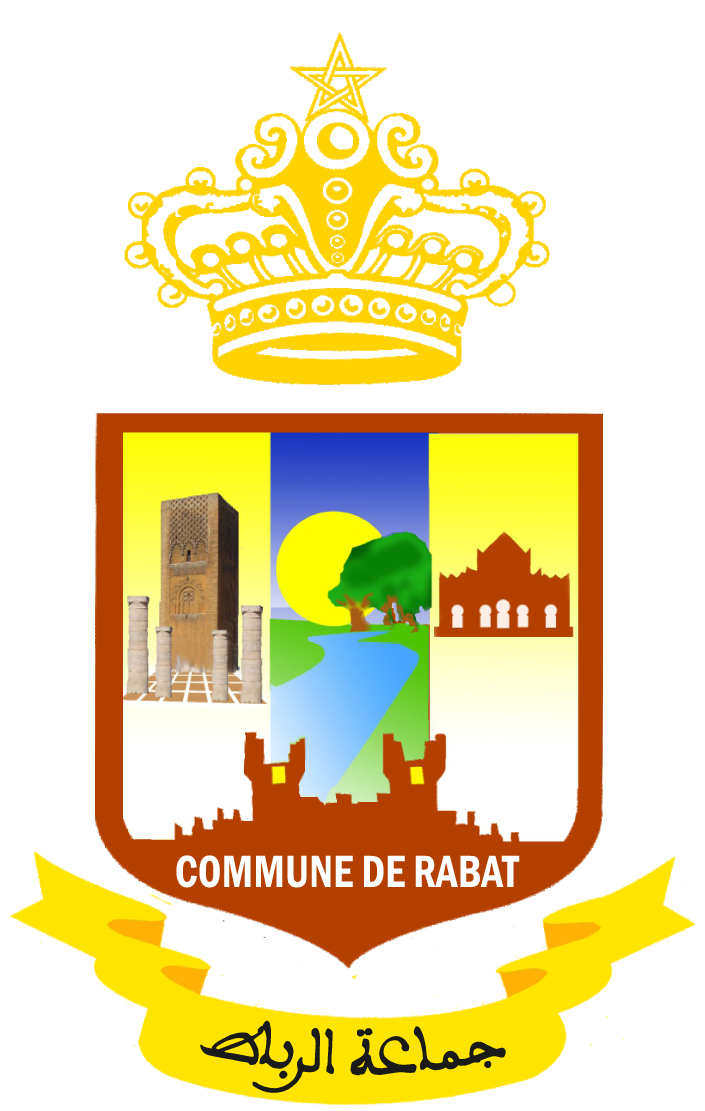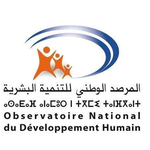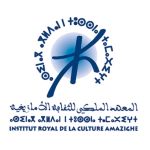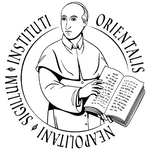Etudes Islamiques

Key Statistics
Graduates per Year
0
Total Graduates
0
Professors
0
Fields of Study
0
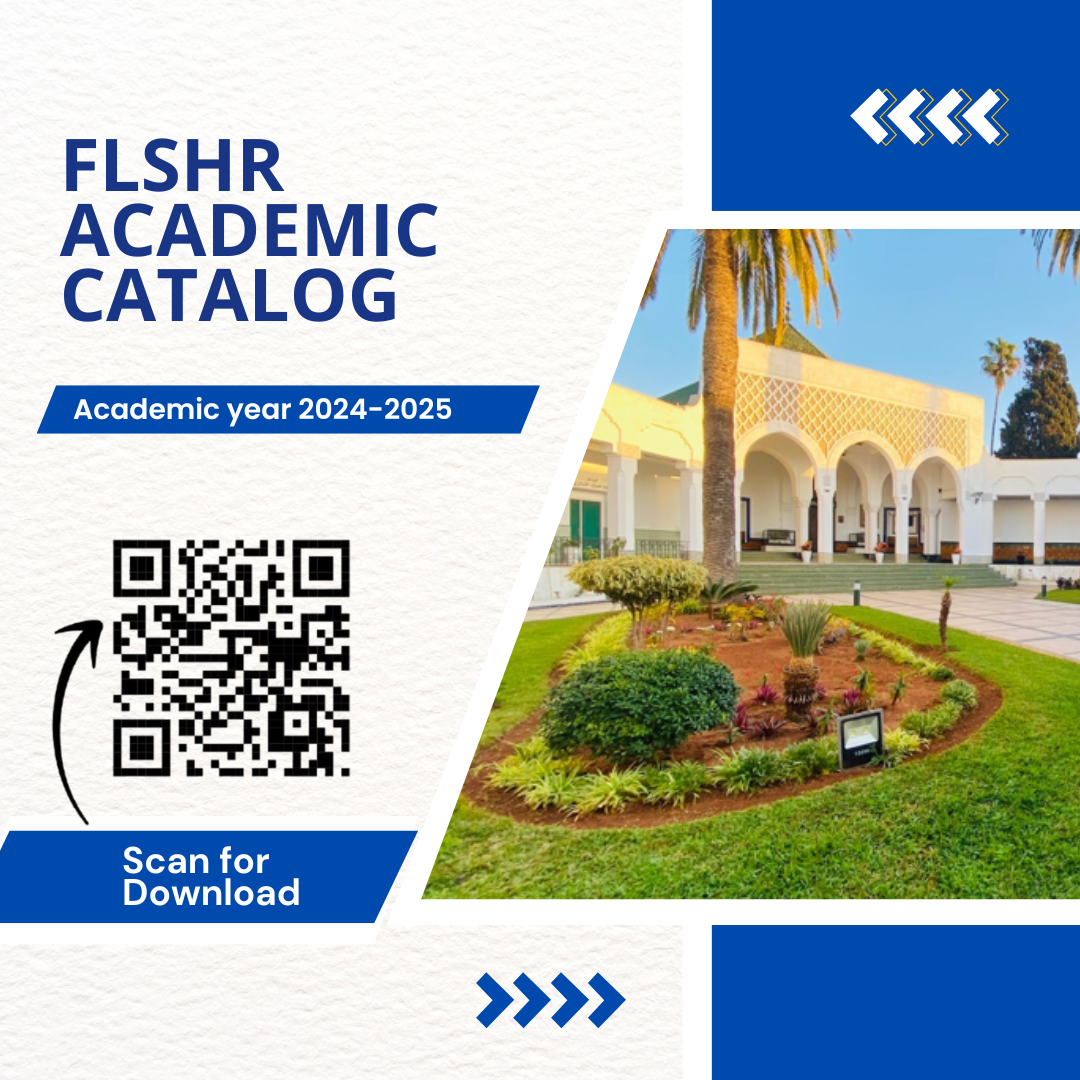
About the Specialty
The Islamic Studies Department offers a multidisciplinary academic program that equips students with the knowledge and skills needed to analyze the foundational sources of Islam, its diverse intellectual history, and its contemporary socio-political role. The program integrates classical theological and legal concepts with modern critical and social scientific methodologies, enabling students to engage in research and professional activities related to religious education, interfaith dialogue, and ethical governance.
Objectives and Acquired Skills
-
Understanding the core theological, jurisprudential (Fiqh), and ethical principles of Islam, derived from the Quran and Sunnah.
-
Developing analytical and critical thinking skills to interpret classical Islamic texts and provide informed perspectives on contemporary Muslim issues.
-
Enhancing the ability to evaluate historical and societal transformations within Muslim communities through rigorous textual and contextual methodologies.
Career Prospects
The Islamic Studies program provides graduates with the opportunity to integrate into various professional fields, including:
-
Religious education and teaching (Imam, Mufti, or Madrassa educator).
-
Interfaith and intercultural dialogue institutions.
-
Ethical consultancy and Sharia compliance in finance and business.
-
Academic research and Islamic manuscript studies.
Additionally, students can pursue further studies at the master's and doctoral levels, allowing for specialization in advanced fields such as comparative religion, Islamic jurisprudence, political Islam, and Sufism.
Academic Pathways
The program follows a structured academic progression, including:
-
Bachelor's Degree in Islamic Studies: A comprehensive introduction to Quranic studies (Tafsir), Hadith, Islamic law, Islamic philosophy, and history.
-
Master's Program: Specializations in Usul al-Fiqh (principles of jurisprudence), Islamic ethics, and contemporary Islamic thought.
-
Doctoral Research: In-depth investigation of advanced theological, legal, or socio-historical themes within the Islamic tradition.
This multi-level approach ensures that students acquire the necessary competencies to pursue academic excellence and professional careers in fields related to Islamic knowledge and Muslim societies.
Program Structure
Download Calendars
الدراسات الإسلامية
| Nom | Grade | Email institutionnel (@flsh.um5.ac.ma) |
|---|---|---|
| Ahmed Elboukili | Professeur de l'Enseignement Superieur Department Chief |
ahmed.elboukili@flsh.um5.ac.ma |
| Khadija Abouzid | Maître de Conférences Habilité | khadija.abouzid@flsh.um5.ac.ma |
| Abderrazzak Aljayi | Professeur de l'Enseignement Superieur | abderrazzak.aljayi@flsh.um5.ac.ma |
| Farid Amar | Maître de Conférences Habilité | farid.amar@flsh.um5.ac.ma |
| Moulay Omar Benhammad | Professeur de l'Enseignement Superieur | my-omar.benhammad@flsh.um5.ac.ma |
| Fadoua Benkirane | Maître de Conférences Habilité | fadoua.benkirane@flsh.um5.ac.ma |
| Karima Bouaamri | Professeur de l'Enseignement Superieur | karima.bouaamri@flsh.um5.ac.ma |
| Hayat Brihmati | Maître de Conférences | hayat.brihmati@flsh.um5.ac.ma |
| Abderrahim Elabdellaoui | Maître de Conférences Habilité | abderrahim.elabdellaoui@flsh.um5.ac.ma |
| Bouchra Elallam | Maître de Conférences Habilité | bouchra.elallam@flsh.um5.ac.ma |
| Ahmed Elamrani | Maître de Conférences Habilité | ahmed.elamrani@flsh.um5.ac.ma |
| Bouthaina Elgholabzouri | Professeur de l'Enseignement Superieur | bouthaina.elgholabzouri@flsh.um5.ac.ma |
| Said Hallaoui | Maître de Conférences Habilité | said.hallaoui@flsh.um5.ac.ma |
| Aicha Hilali | Maître de Conférences Habilité | aicha.hilali@flsh.um5.ac.ma |
| Mohammed Kajoui | Professeur de l'Enseignement Superieur | mohammed.kajoui@flsh.um5.ac.ma |
| Rachid Laalalma | Maître de Conférences | rachid.laalalma@flsh.um5.ac.ma |
| Anas Laghbissi | Maître de Conférences Habilité | anas.laghbissi@flsh.um5.ac.ma |
| Bouchra Lbadaoui | Professeur de l'Enseignement Superieur | bouchra.lbadaoui@flsh.um5.ac.ma |
| Khalid Moudrik | Professeur de l'Enseignement Superieur | khalid.moudrik@flsh.um5.ac.ma |
| Omar Rachidi | Maître de Conférences Habilité | omar.rachidi@flsh.um5.ac.ma |
| Jamal Sayidi | Professeur de l'Enseignement Superieur | jamal.sayidi@flsh.um5.ac.ma |
| Jamila Tilout | Maître de Conférences S. | jamila.tilout@flsh.um5.ac.ma |
| Salah Zarra | Professeur de l'Enseignement Superieur | salah.zarra@flsh.um5.ac.ma |



